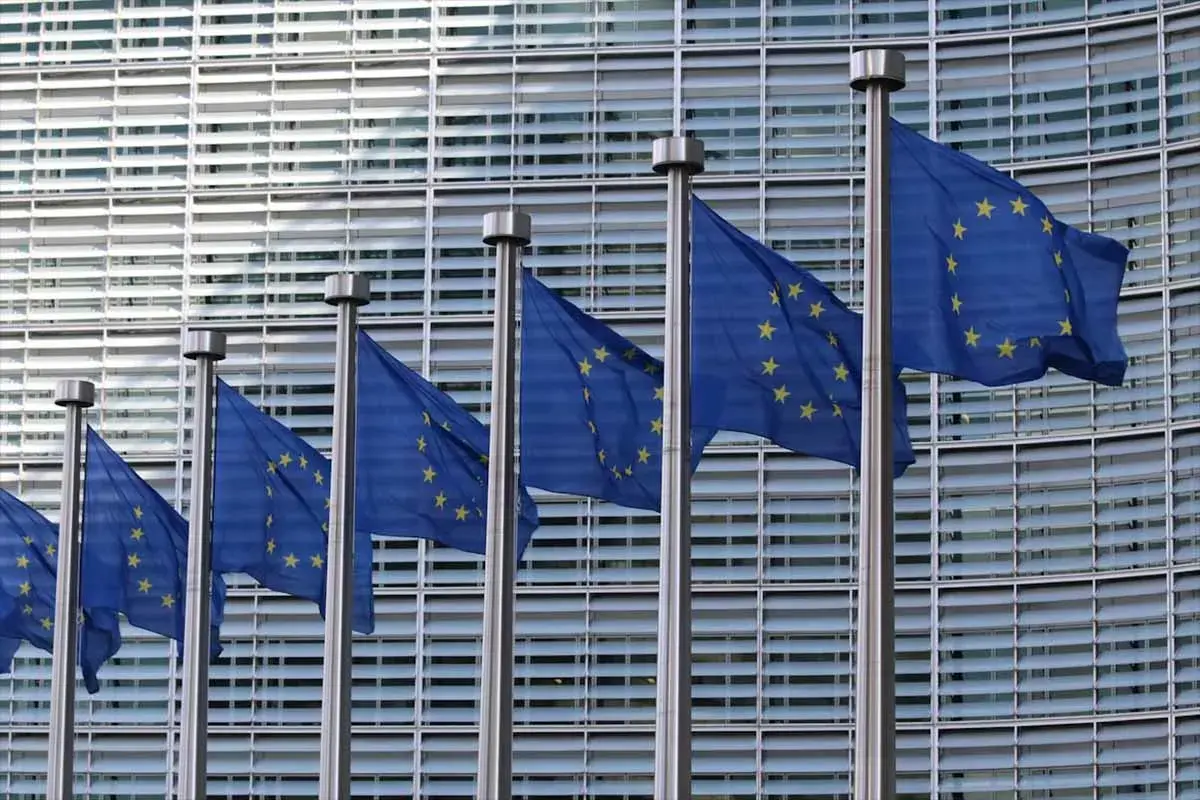Crypto Giants Gemini and Coinbase Move Closer to EU Licenses as Regulatory Tensions Rise

Considered among the biggest crypto firms in the world, Gemini and Coinbase are set to receive licenses that will give them access to offer services in the European Union. This happens as the new Markets in Crypto-Assets (MiCA) regulation of the EU begins to take root, arranging for somewhat uniform rules to a growing and often fragmented industry.
The new regulation allows companies that secure approval in one EU country to operate throughout the 27-nation bloc. But the speed of some approvals (and where they’re happening) is stirring debate behind the scenes among regulators, as countries compete to attract business while trying to keep oversight strong.
Gemini—Malta’s Speed Raises Eyebrows
Gemini is expected to gain its license through Malta, one of the smallest members of the EU, but one that has moved quickly under the MiCA rules. Malta’s regulators have already approved platforms like OKX and Crypto.com within weeks of MiCA taking effect. This rapid pace has caused concern among regulators from larger countries, who say it could weaken the system if oversight isn’t solid enough.
Some are worried that smaller countries with fewer regulatory staff might cut corners to attract big crypto names. The European Securities and Markets Authority (ESMA), the EU’s main financial watchdog, is already reviewing Malta’s licensing process and plans to release a report soon. France’s financial regulator has even warned that the situation could lead to a “race to the bottom” where countries compete by being too lenient.
Still, Malta’s financial authority defends its approach, saying it has strong anti-money laundering rules and years of experience with digital assets. OKX also stated its process in Malta was detailed and focused on compliance.
Amid this regulatory tension, some crypto platforms are continuing to expand, especially those tied to fast-growing sectors like real-time live games. These sites now offer live dealers, which attracts more players who want to have an immersive experience. On top of that, these companies benefit from the legal clarity MiCA aims to provide, giving them a better shot at reaching users across borders while staying within rules that are easier to follow.
Coinbase Looks to Luxembourg for Approval
Coinbase is awaiting final approval from Luxembourg, a country known for its cautious approach to finance. If approved, the license would let Coinbase operate across the EU and could signal a shift after months of slow progress.
This move may come at Ireland’s expense. Once a favorite for crypto firms, Ireland has cooled in recent years because its central bank governor compared crypto to a Ponzi scheme in 2023, pushing some companies to look elsewhere, even if the process is slower.
Coinbase, a major U.S. player, has about 200 employees in Europe and plans to add 20 more in Luxembourg. A spokesperson said the firm is committed to safe, compliant operations and views Luxembourg as a strong financial hub.
Though its setup there may be small at first, Coinbase’s move has raised questions among regulators. Some doubt whether ESMA has enough authority to enforce rules fairly across all member states.
EU Faces a Test of Unity
MiCA is meant to create a shared approach to crypto oversight, similar to traditional finance. But enforcement is already showing cracks. Faster approvals or lighter rules in some countries are making others uneasy.
This divide has led to fresh calls for giving ESMA more direct power. Still, not all EU members support that, wary of giving Brussels more control over how they attract business.
Conclusion
Crypto firms are watching closely because they want clear rules, something the head of the U.S. Securities and Exchange Commission also mentioned was important. Whether the EU can manage both is still unclear, but how Malta and Luxembourg handle their licenses could set the tone for what comes next.
- Vietnam’s Crypto Market in 2026: Why Regional Exchanges Are Gaining Attention
- Rizz Network Lands $5M Backing From Nimbus Capital for Rizz Wireless Rollout
- Toobit Announces 10M FWX Trading Campaign After Fully Subscribed Launchpad
- PrimeXBT Crowned Best Exchange for Day Trading 2025 at CoinGape Impact Awards
- GoMining Introduces Simple Earn for Automated Bitcoin Earnings
For PR & Sponsored Content Reach us :




